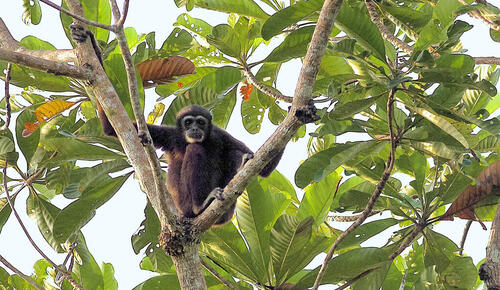
A new study published in the journal Ecology and Evolution examines how an asteroid strike 66 million years ago wiped out the non-avian dinosaurs and devastated the Earth’s forests, but tree-dwelling ancestors of primates may have survived it. Overall, the study supports the hypothesis that the widespread destruction of forests following the asteroid’s impact favored ground-dwelling mammals over their arboreal counterparts, but it also provides strong evidence that some tree-dwelling taxa also survived the cataclysm, possibly nesting in branches through the Cretaceous-Paleogene (K-Pg) extinction event. The study is co-authored by Eric Sargis (Director, Yale Institute for Biospheric Studies, Professor of Anthropology in Yale’s Faculty of Arts and Sciences, and Curator of Mammalogy and Vertebrate Paleontology at the Yale Peabody Museum of Natural History). For more information, please click here for an article published by Yale News.



